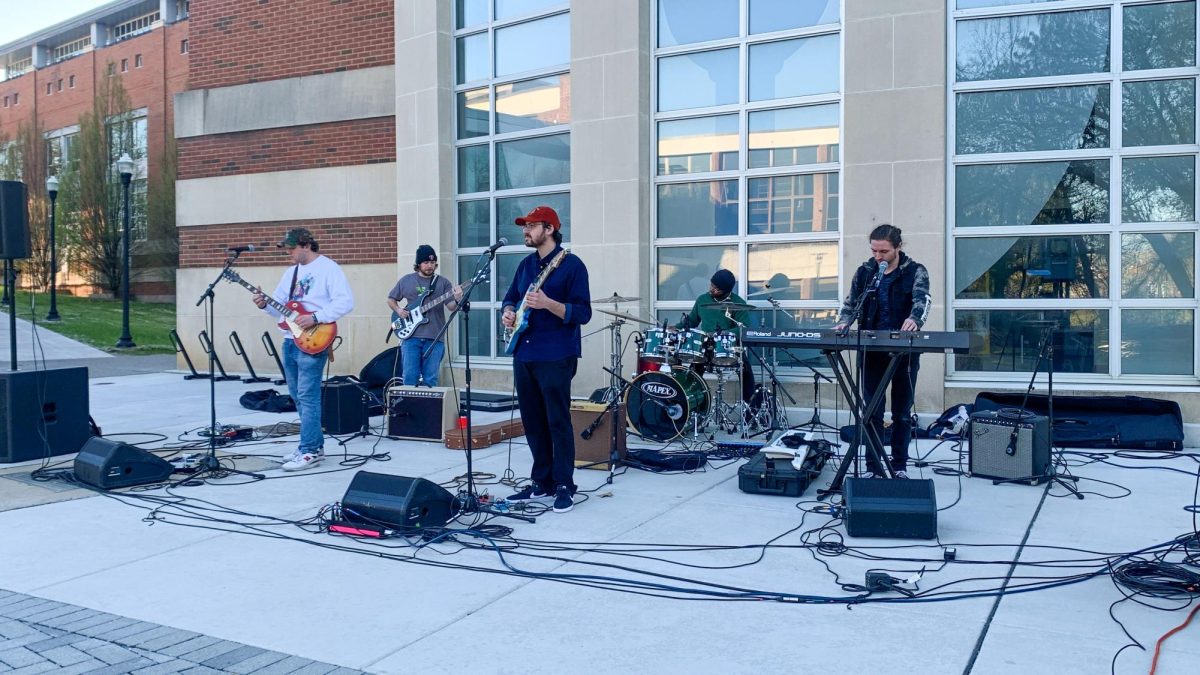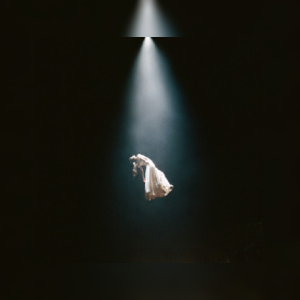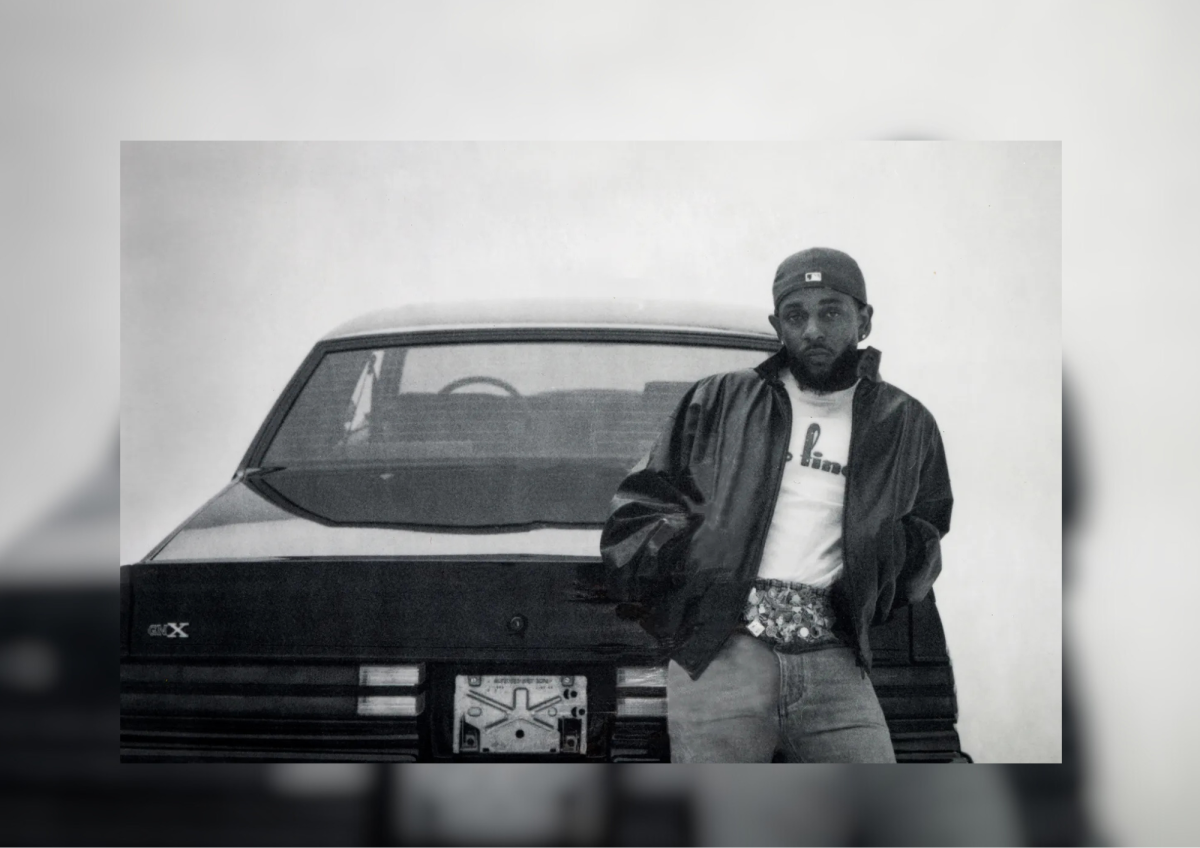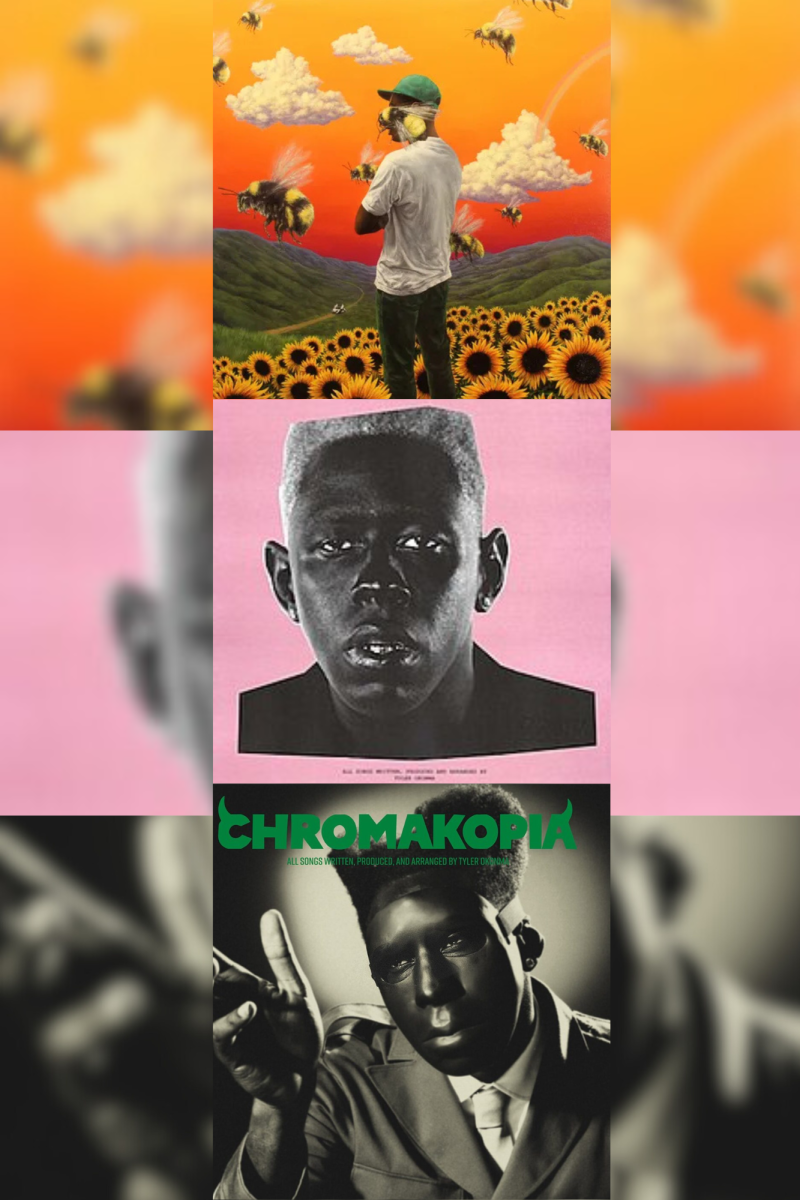After a four-year break, Lorde fans around the world rejoiced at the release of her newest album, “Solar Power” on August 20. The much anticipated third album from the New Zealand artist detailed her experiences growing into young adulthood, and out of the uncomfortable stages in between teenage years and one’s early twenties.
Drawing inspiration from the psychedelic sounds of late ’60s and early 70s folk music, and surprisingly from early 2000s optimistic pop, Lorde has managed to create an album that, for the first time in her career, has drawn mixed criticism from both critics and fans alike.
Specifically, this new album full of flowery calls for climate change awareness and laid-back meditations on time’s arrow has brought up the question: Is “Solar Power” as an album tone deaf?
Sonically and lyrically, upon first listening ‘Solar Power” may come across as rather subdued. The majority of the songs on the album are acoustic, a stark departure from Lorde’s previous releases which were soaked in heavy and colorful electronic beats.
Some songs such as “Secrets From A Girl (Who’s Seen It All)” and “Mood Ring” do offer listeners a more energetic sound, however the majority of the album, specifically songs such as “Man With The Axe,” “Solar Power,” are relatively slow-paced and almost meditative. Perhaps this is the artist’s way of offering an auditory example of her journey from a self-proclaimed partier to a calm and collected young woman. A journey that includes slowing down and taking a moment to appreciate everything around you.
Many fans were concerned that Lorde’s new subdued sound was an indication of the artist losing her edge that made so many fall in love with her back in 2013 with her release of “Pure Heroine.”
This ignited the conversation of whether or not an artist loses their talent once they become happier. It has long been discussed within artistic circles that an artist is at their best when filled with overwhelming emotion. Sadness makes for great and often resonating art, which allows listeners to feel a stronger connection to the artists themselves. Oftentimes, individual happiness is based on specific circumstances and experiences that not everyone can relate to, whereas sadness, loneliness, and regret are all emotions that anyone can experience and understand. So does it become difficult to relate to your favorite artist when they become happy?
The album is extremely personal, as it details Lorde’s contradicting feelings towards fame, her love for her current boyfriend, her dissatisfaction with being labeled as the voice of Generation Z, and her growing fascination with the movement of time.
Some listeners have found certain aspects of the album to be slightly tone-deaf as a major theme of the record involves Lorde asking her fans to essentially “chill out” with her and just “vibe.” Following a year of major turmoil and social change in the United States specifically, not to mention the COVID-19 pandemic, this may feel rather odd to many listeners who may feel that a modern call to “tune in, turn on, and drop out” is out of touch with our tumultuous present environment.
As always for any artist, releasing a new collection of music after several years of silence must surely be daunting. Artists, even world-famous ones such as Lorde, are people who grow and learn things about themselves as they wind their way through different chapters of their lives.
Often when artists make the conscious effort to take breaks in between albums, it could be because they want each project to be a reflection of specific points in their lives and to be carefully constructed. Artists like Lorde rejoice in being able to share their lives with their fans, however, there may be points in our lives where we no longer relate to our favorite artists.
At 16, Lorde was a small-town songwriter who happened to find major success with her music and her account of navigating fame was relatable to many of her fans who saw a piece of themselves in the slightly awkward and gothic New Zealand native.
Now at nearly 25, Lorde is a seasoned veteran in the entertainment industry with multiple awards under her belt. It may not be so easy for her to connect with her fans on a level of personal experience anymore, but if people are willing to listen, Lorde still has a lot to say and is worth a listen.
For questions/comments about this story tweet @TheWhitOnline.

























































































































































!["Working with [Dr. Lynch] is always a learning experience for me. She is a treasure,” said Thomas. - Staff Writer / Kacie Scibilia](https://thewhitonline.com/wp-content/uploads/2025/04/choir-1-1200x694.jpg)















































